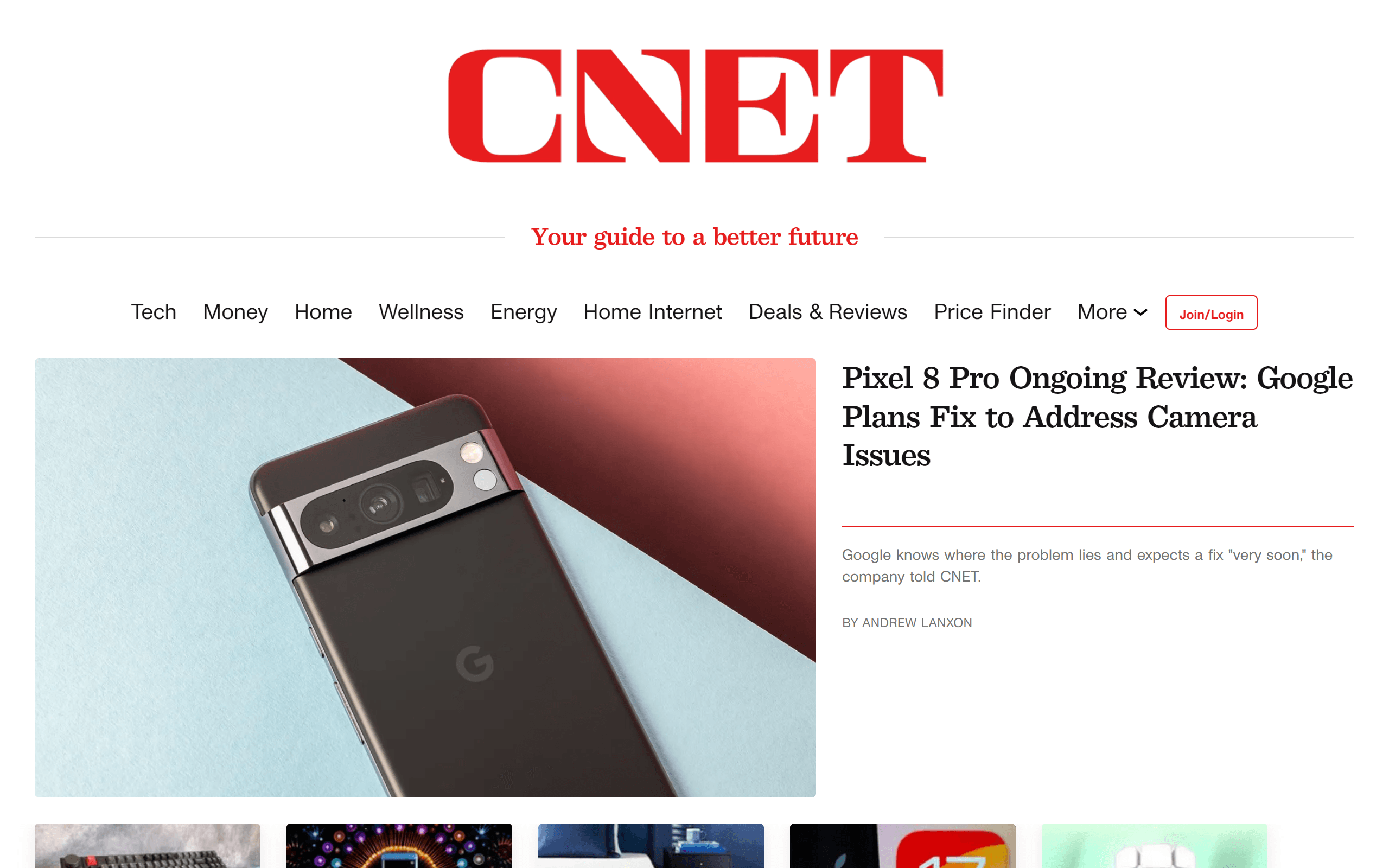How the Best tech blog Maintains You Upgraded on Cutting-Edge Gadgets and Software
How the Best tech blog Maintains You Upgraded on Cutting-Edge Gadgets and Software
Blog Article
Just How Blockchain Modern Technology Is Revolutionizing Data Protection
Blockchain technology is essentially modifying the landscape of information protection by introducing a decentralized framework that guarantees boosted openness and strength. Unlike conventional systems, which count on central information repositories, blockchain disperses data across a network, decreasing vulnerabilities and solitary factors of failure. The use of innovative cryptographic strategies makes certain that information stays tamper-proof, fostering trust fund amongst users and stakeholders.
The Basics of Blockchain
Blockchain modern technology, an advanced principle in digital data administration, basically transforms just how details is stored and protected. At its core, a blockchain is a dispersed ledger that tape-records purchases across a network of computers, making sure openness and immutability.
Secret to comprehending blockchain is the hashing procedure, which secures deal data right into a special alphanumeric code. This cryptographic function makes sure that any type of change in the purchase information results in an entirely different hash, consequently safeguarding against meddling. The consensus mechanism, another crucial component, verifies and verifies brand-new purchases via a network of nodes, consequently eliminating the demand for a centralized authority.
Moreover, blockchain's append-only structure ensures that data, when included, can not be removed or modified. This particular guarantees a verifiable and long-term record of deals, cultivating trust amongst participants. Consequently, blockchain offers a durable structure for information integrity, providing industries a reputable method for monitoring and managing electronic information in a safe, transparent way.
Decentralization and Protection
Decentralization, a core concept of blockchain technology, significantly boosts information security by distributing control across a network instead than counting on a particular, centralized entity. By distributing information across many nodes, blockchain guarantees that even if one node is jeopardized, the whole network stays safe and secure.

Each participant in the network has accessibility to the entire blockchain, allowing them to validate and examine deals independently. Overall, decentralization is instrumental in boosting data safety and security in blockchain networks.

Cryptographic Techniques
At the heart of blockchain innovation, cryptographic methods play an essential duty in securing information, making certain both privacy and stability. Cryptography in blockchain utilizes a mix of uneven and symmetric algorithms to secure data, making it available only to licensed parties.
Hash features are an additional vital part, changing input information right into a fixed-size string of characters, efficiently creating a special electronic finger print for each block. This makes certain that any effort to change the data will certainly lead to a completely different hash, hence keeping the immutability of the blockchain. Furthermore, electronic trademarks confirm the authenticity and integrity of purchases, supplying a layer of non-repudiation.
The decentralized nature of blockchain, combined with durable cryptographic methods, eliminates the requirement for intermediaries, reducing potential vulnerabilities. As blockchain innovation evolves, innovations in cryptography such as zero-knowledge proofs and homomorphic file encryption remain to improve safety and security procedures, even more strengthening information protection in this advanced electronic journal system.
Usage Situations Throughout Industries

In the healthcare market, blockchain ensures the protected storage space and sharing of person records, advertising interoperability while guarding delicate data from unapproved access. This modern technology empowers people with control over their case history and facilitates smooth control among doctor.
Supply chain management benefits significantly from blockchain's immutable journal, which ensures traceability and credibility of products from origin to customer. By enhancing openness, blockchain helps mitigate concerns such as counterfeiting and unethical sourcing.
In addition, blockchain's decentralized nature is reshaping the energy industry by enabling peer-to-peer power trading, where customers can deal excess renewable resource straight. This promotes an extra sustainable and efficient power ecological community.
In the realm of copyright, blockchain gives a tamper-proof system for makers to register and protect their jobs, guaranteeing rightful acknowledgment and fair compensation. These diverse use situations underline blockchain's function as a pivotal pressure in redefining information protection throughout markets.
Future of Data Defense
As we want to the future of information security, blockchain technology is poised to play an essential function in securing digital information. With its decentralized and unalterable qualities, blockchain uses a durable framework for securing delicate data versus unapproved access and cyber hazards. This modern technology ensures that once information is taped, it is almost difficult to modify without detection, therefore offering a significant advantage over traditional data storage methods.
The combination of blockchain with various other innovative innovations, such as expert system and the Net of Things (IoT), is expected to boost data defense methods additionally. By leveraging wise contracts, organizations can automate and impose security procedures, decreasing human mistake and increasing effectiveness. In addition, blockchain's capacity to offer clear and deducible purchases will certainly reinforce count on and responsibility in information management methods.
As regulatory landscapes evolve, blockchain's compliance-friendly Visit Your URL nature will imp source come to be significantly appropriate. It can assist organizations satisfy stringent information defense laws, such as the General Information Defense Law (GDPR) and the California Customer Privacy Act (CCPA), by providing verifiable documents of data processing tasks. Ultimately, blockchain's special features placement it as a transformative device in the ongoing mission to secure the digital world versus ever-evolving cyber threats.
Conclusion
Blockchain modern technology stands for a paradigm shift in data safety by leveraging decentralization and cryptographic strategies to enhance openness, depend on, and information honesty. Its capacity to eliminate solitary factors of failing and employ agreement devices substantially minimizes the danger of fraudulence and cyberattacks. This cutting-edge framework not only empowers users with better control over their information yet likewise straightens with governing compliance. As cyber risks progress, blockchain emerges as an essential device for robust information defense throughout various industries.
Blockchain innovation is fundamentally changing the landscape of information safety by introducing a decentralized framework that promises enhanced openness and durability. Unlike traditional systems, which count on centralized data databases, blockchain distributes information across a network, reducing susceptabilities and single factors of failure.Decentralization, a core principle of blockchain technology, significantly boosts information safety by distributing control throughout a network instead than relying on a singular, centralized entity.At the heart of blockchain technology, cryptographic techniques play a crucial function in safeguarding data, guaranteeing both privacy and integrity.Blockchain modern technology image source represents a standard shift in information protection by leveraging decentralization and cryptographic techniques to boost openness, count on, and data honesty.
Report this page